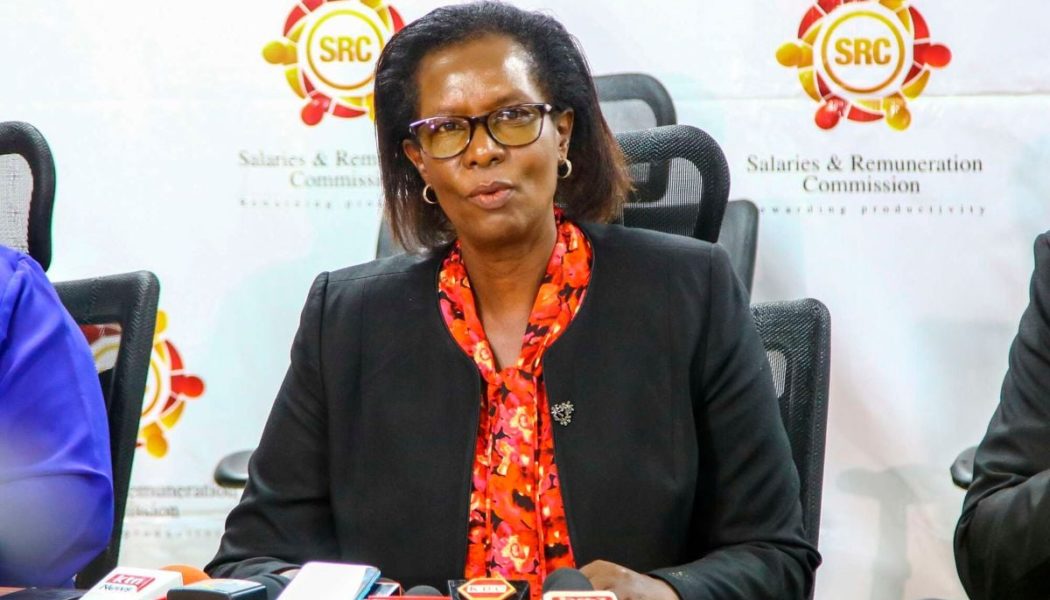
The advice of the Salaries and Remuneration Commission (SRC) must be sought when public officers negotiate collective bargaining agreements (CBAs), the Court of Appeal has ruled.
A bench of three judges of the appellate court further held that once SRC’s advice is sought and given, it is binding.
Justices Asike-Makhandia, Jamila Mohammed and Sankale ole Kantai ruled that under Article 230 of the Constitution, there can be no doubt that SRC has to be involved in its advisory role in negotiations on the conclusion of a CBA involving public officers. The manner and style of how that is to be done is not primary, the judges said.
“A Constitution cannot contain mere advice, incapable of being enforced and whose violation is attendant with no legal consequences. Unless expressly stated, the 2010 Constitution does not contain articles or provisions that are without force of law and whose binding nature is discretionary,” the judges said.
The court made the findings in an appeal filed by SRC following a 2016 judgment by the Employment and Labour Relations Court stating that employees of the National Hospital Insurance Fund (NHIF), who were under the Kenya Union of Commercial, Food and Allied Workers (KUCFAW), do not fall under the mandate of the SRC.
Justice Nelson Abuodha had held that insistence by the SRC that its advice to the NHIF board was binding is counter to the principle of collective bargaining.
“The advice given by SRC is binding as the advice is not merely an opinion, it is advice that has a constitutional underpinning. The advice is binding as it emanates from a constitutional organ with the exclusive constitutional mandate to determine fiscal sustainability of the total public compensation bill,” said the judges.
The Court of Appeal judges added that SRC’s advice binds all persons, state organs and independent commissions and that no valid salary and or benefit of a state or public officer, as appropriate, shall ensue from a process that ignores the roles of SRC.
“What is of paramount importance is that SRC’s advice has to be sought, and once obtained, it is binding. In conclusion, we are satisfied that the prior advice of SRC had to be sought before the 1st respondent (NHIF Board) could make an offer on basic salary to the 2nd respondent (KUCFAW),” the judges said.
The court held that in carrying out its constitutional mandate of advising on salary, benefits and national compensation bill sustainability, it is not and cannot be construed that SRC is exercising superiority over a union.
The court was informed that the CBA in question between the NHIF board and the KUCFAW was concluded and fully implemented, the parties had negotiated the next CBA and were pending signatures, registration and implementation.









